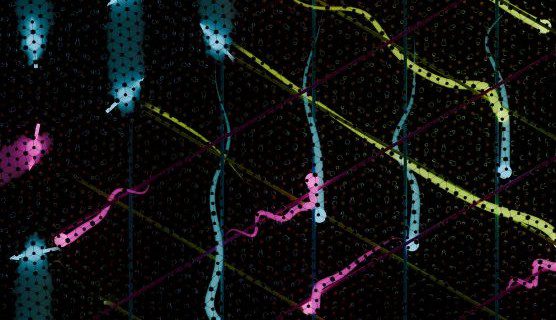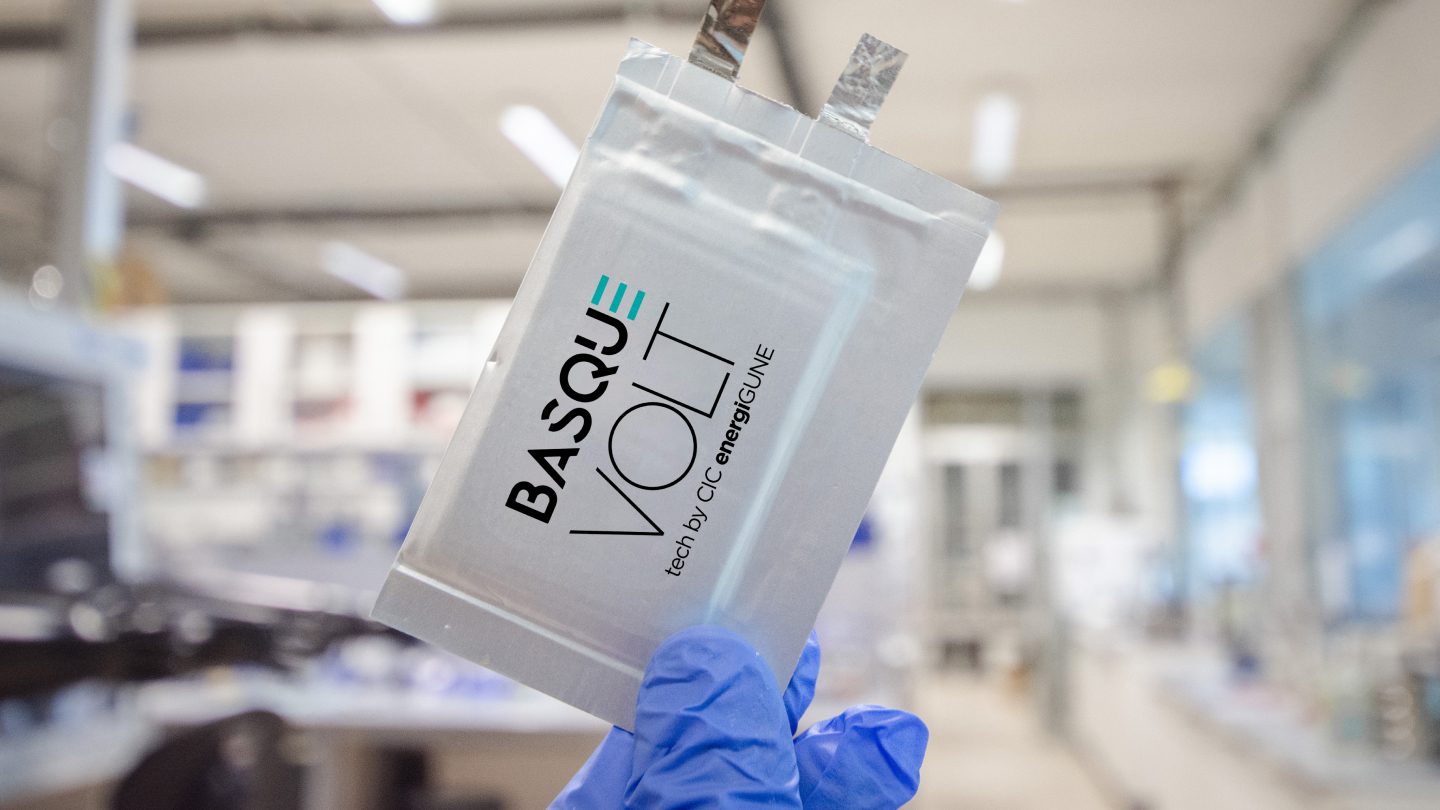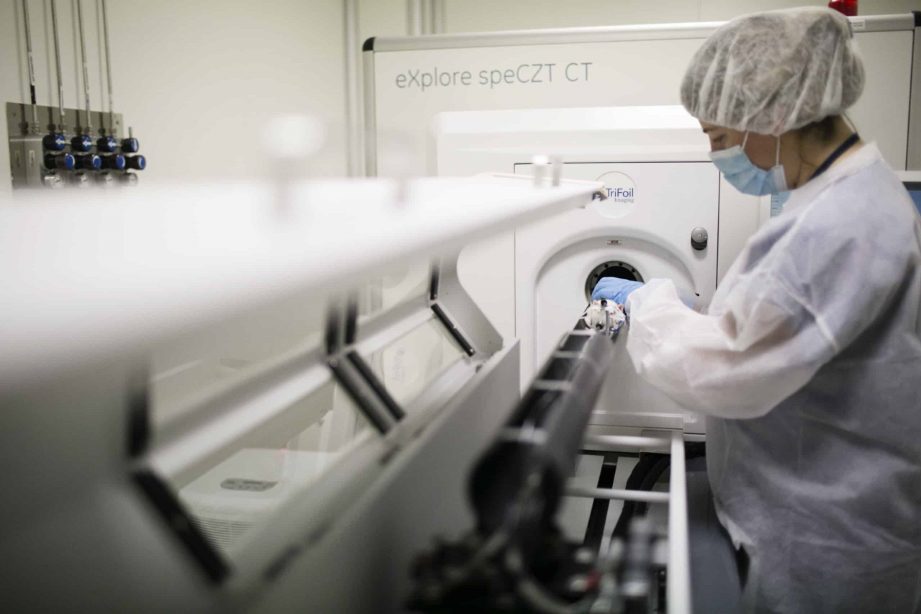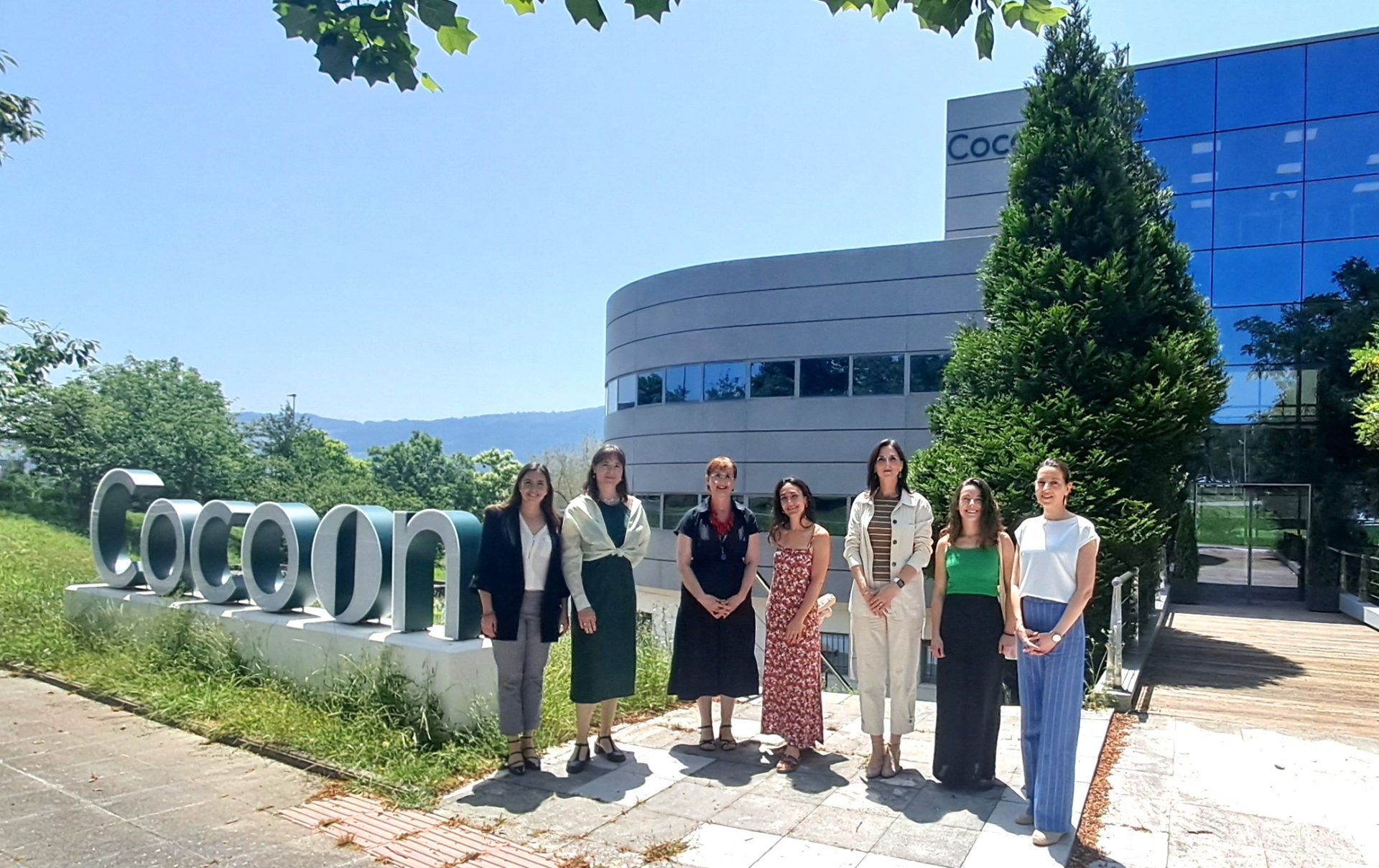GAIKER collaborates in the development of new light and safe battery boxes for automobiles
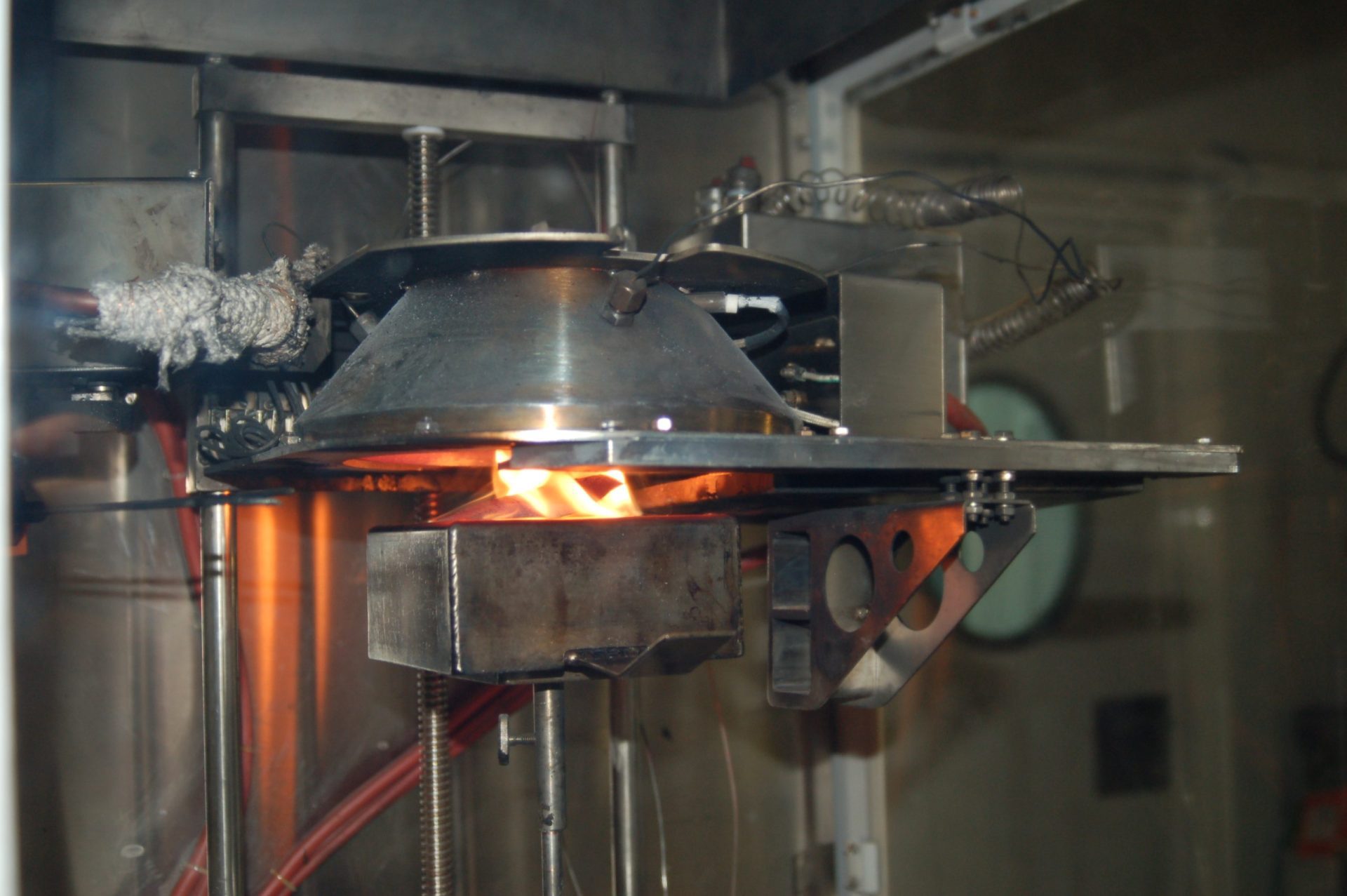
The European FENICE project seeks to develop battery boxes that can be recycled, are lightweight and have good fire resistance.
The GAIKER Technology Centre, a member of the Basque Research & Technology Alliance, BRTA, is participating in the European Fire Resistant Environmental Friendly Composites (FENICE) project, the aim of which is to develop light and safe battery boxes for the automotive sector that can be recycled thanks to the use of sustainable and innovative materials.
This research arises from the need to find efficient and affordable solutions to develop lighter and fire resistant battery enclosures for the electrification of automobiles. It involves 10 international partners who will be responsible for developing and designing their own process know-how to reach a TRL8 technology maturity level (complete and certified system through testing and demonstration in a real environment).
Throughout the project, different materials based on fibre-metal laminates (FML) and innovative composites with advantages in terms of sustainability and safety will be developed. For the production of these materials, pre-impregnated glass fibres and basalt will be used to ensure a competitive cost of the final material and a reduced environmental impact.
The main reason for the choice of FML materials is that these materials show good fire performance properties. In addition to FML, this research also proposes the use of reinforced geopolymers as another solution for the manufacture of battery boxes, which also have excellent thermal properties and reaction to fire.
GAIKER, an expert in laboratory tests for the characterisation of materials, has a reaction to fire laboratory that is accredited by ENAC and by the European entity ILAC-MRA. Its task in this project will be to carry out fire tests on the materials developed, as well as mechanical tests on the specimens, before and after their exposure to fire, to observe their residual resistance.
The FENICE project, which started in 2022 and will end in 2025, has been funded by the European Institute of Innovation and Technology (EIT) within Horizon 2020, the EU’s Framework Programme for Research and Innovation.
